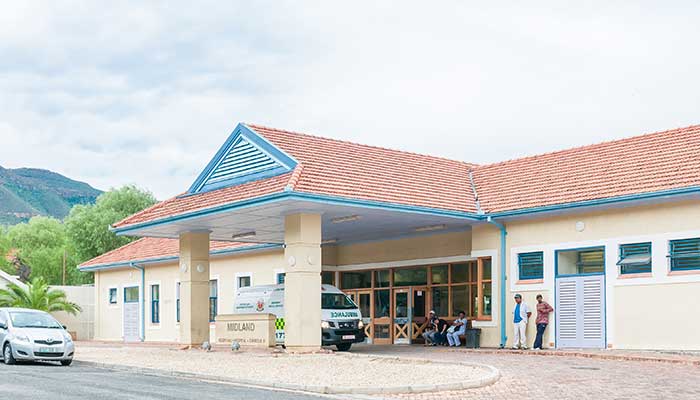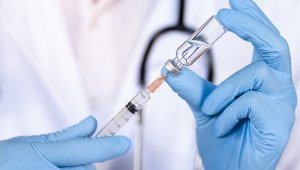web_hospitalsouthafrica_shutterstock_427277785.jpg

A hospital in South Africa. Image © Shutterstock
Health minister Zwelini Mkhize announced the government had reached a deal with the Serum Institute of India, which will provide one million doses in January and 500,000 in February.
On 2 January, a group of leading health experts published an opinion piece in South African newspapers criticising the government for being too slow in procuring vaccines.
The country is participating in the World Health Organisation’s Covax programme, which is aimed at ensuring equitable access to vaccines around the world, but this will only cover around 6 million people – or 10% of the population.
And with the SII deal only just covering South Africa’s 1.25 million healthcare workers, the government has a long way to go to secure enough doses to achieve ‘herd immunity’ against – by vaccinating 67% of people.
“We urge the public to be patient with us as we continue to engage manufacturers,” Mkhize said, adding that many details cannot be shared yet because negotiations remain ongoing.
“We will not neglect our responsibility to protect lives and also fight this pandemic. We therefore call on all South Africans, members of the public, political parties, business, labour, NGO, and community leaders and members to work with us as we start this historic process.”
South Africa, which was the continent’s largest economy until being overtaken by Nigeria in recent years (as recently as 2020, depending on which exchange rate is used to compare their GDP), is among the countries that have been hardest hit by Covid-19.
A variant of the virus has been identified in the country, and experts have said existing vaccines might be less effective against it, because of it contains mutations in its ‘receptor binding domain’ – meaning the virus binds to the host cell and antibodies (e.g. from a vaccine) would bind to the virus.
“This does not mean that the existing Covid-19 vaccines will not work at all – just that the antibodies induced by the current vaccines might not bind and neutralise the South African variant as well as it would the other circulating viruses,” said Dr Julian Tang, honorary associate professor and clinical virologist at the University of Leicester.
He added that existing vaccines can be modified to be more effective against the new variant “in a few months”, but he believes in the meantime they can still be effective to reduce transmission “to some extent”.













